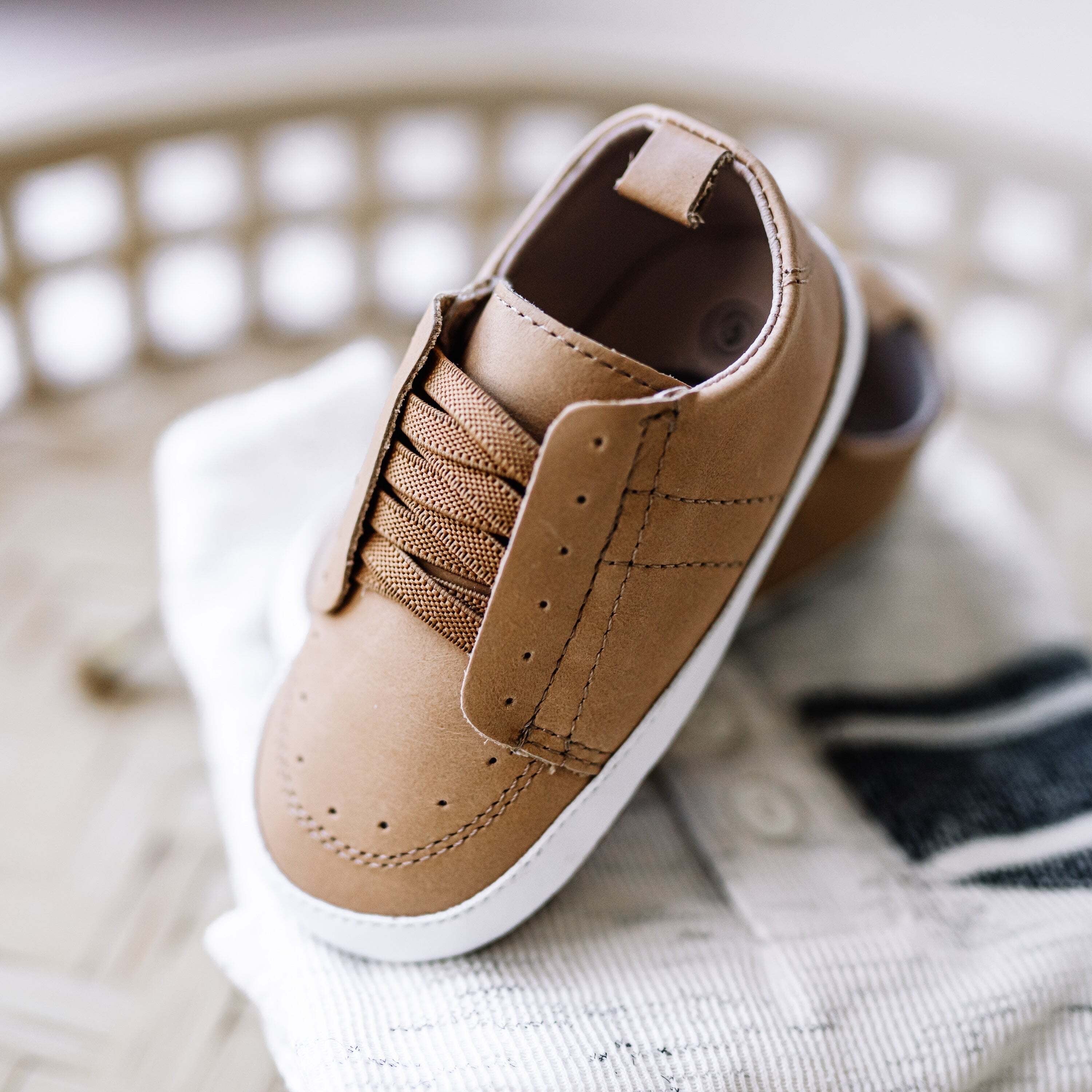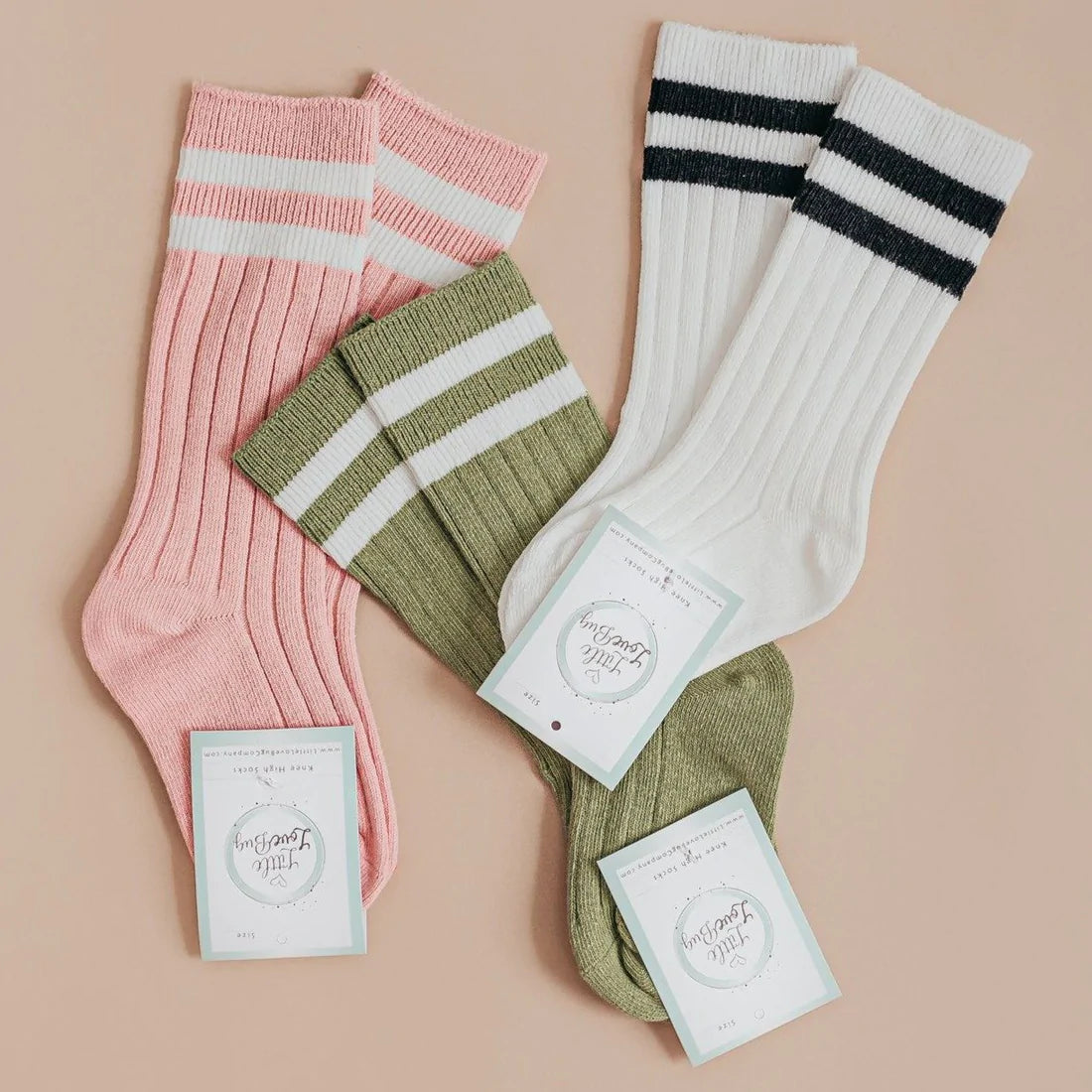In recent years, the tradwife lifestyle has become increasingly popular. A tradwife is a woman who takes a traditional approach to her roles as a wife, mother, and homemaker, embracing old-fashioned values such as cooking and cleaning, while avoiding the "modern" lifestyle of working outside the home. This trend has seen a resurgence, with more women looking to traditional roles as a way to find fulfillment and purpose in their lives. In this blog post, we will explore why the tradwife lifestyle has made a comeback and why traditional roles are becoming more attractive.
The definition of a tradwife
A tradwife is a woman who embraces traditional values and gender roles within the family structure. A tradwife focuses on taking care of her husband, home, and children, as well as prioritizing femininity in her appearance and lifestyle. This usually means taking on domestic duties such as cooking, cleaning, and raising children. Tradwives also often focus on strengthening their relationships with their husbands and promoting values such as marriage fidelity, modesty, and homemaking.
The term “tradwife” has seen a resurgence in popularity in recent years as an alternative to modern feminism and gender-egalitarian roles. It’s become a label used to describe women who choose to embrace traditional values and embrace their feminine nature. As the tradwife movement continues to gain traction, more and more women are turning away from feminist ideals to embrace the traditional roles of wife and mother.
The appeal of traditional roles
In today’s world, many are looking for a more traditional way of life—a life that is rooted in traditional values and roles. This is especially true for women who have grown tired of the “lean in” mentality that has been so prevalent in recent years.
Many women find the tradwife lifestyle to be a breath of fresh air from the modern day hustle and bustle of trying to do it all. By taking on a more traditional role in the home, tradwives are able to reclaim a sense of purpose and connection to their femininity that had been lost in the age of “having it all”.
Tradwives often cite the feeling of liberation that comes with their choice to focus on the traditional home-making skills. This includes cooking, cleaning, and caring for their families in an effort to restore balance and harmony within the household. By embracing a more traditional lifestyle, tradwives are able to create a more meaningful life that brings them closer to their true nature.
The appeal of traditional roles also goes beyond the personal satisfaction that comes with embracing one’s true identity. Many tradwives are finding solace in the sense of community they experience by living in line with traditional values. The support and guidance provided by other tradwives can be invaluable as they navigate this new lifestyle.
Overall, the appeal of traditional roles has been growing as more and more people are looking for an alternative way of living in today’s world. Whether it is for personal fulfillment or for a sense of community, the tradwife lifestyle is becoming increasingly popular for those looking for a more authentic and meaningful way of life.
How to become a tradwife
The tradwife lifestyle is one that has become increasingly popular in recent years, but how do you become a tradwife? First, it’s important to understand what being a tradwife means. A tradwife is someone who chooses to take on traditional roles within their marriage or family, such as being a homemaker, raising children, and supporting their partner’s career and ambitions.
To become a tradwife, start by exploring what traditional roles mean for you and your family. Decide which roles you would like to take on and which ones your partner or other family members can handle. For example, if you are a stay-at-home parent, your partner may take the lead in providing financially for the family.
Think about what skills you have that will be beneficial in your tradwife role. This could include anything from cooking and cleaning to managing finances, child care, and home organization. Consider taking classes or workshops to hone your skills, or reading books and blogs to learn more about the tradwife lifestyle.
Once you have decided what your role will be and gained the necessary skills, make sure that you and your family are on the same page. Establish boundaries and expectations so everyone knows what they are responsible for and when they need help. You can also discuss how your roles may evolve over time and how you can support each other in those changes.
Being a tradwife takes a lot of dedication, commitment, and hard work. However, it can also be immensely rewarding and fulfilling, especially when you know that you are contributing to the well-being of your family. With the right mindset and resources, you can enjoy all the benefits of being a tradwife.
The benefits of being a tradwife
A tradwife is someone who embraces traditional roles and embraces the life of a stay-at-home wife. This lifestyle has become increasingly popular in recent years, as more women are looking to reclaim their femininity and enjoy the benefits that come with being a traditional wife.
One of the main benefits of being a tradwife is the feeling of purpose that comes with living a life dedicated to taking care of your family. When you embrace the traditional roles, you can take pride in the fact that you are providing for and protecting your family, something that is especially meaningful in our modern world.
Another benefit of being a tradwife is the opportunity to gain a greater sense of independence. Tradwives often have the freedom to pursue their interests without having to worry about conforming to the pressures of society. As a result, they can gain a stronger sense of identity and autonomy.
In addition, tradwives have the opportunity to build strong relationships with other tradwives. Since tradwives tend to share similar values, there is a strong sense of community among them that makes it easier to find companionship and support.
Finally, being a tradwife also offers financial stability. Tradwives typically live on one income and can often save money by living frugally. This can give them more financial security and the peace of mind that comes with having a steady income.
All in all, there are many benefits to being a tradwife, from feeling a sense of purpose to gaining financial stability. If you’re interested in exploring this lifestyle, there are many resources available to help you get started.
It's not for everyone
While the tradwife lifestyle has become increasingly popular, it's important to note that it's not for everyone. For some people, the idea of taking on traditional gender roles is restrictive and antiquated. Others may not feel comfortable assuming a more traditional role in their family dynamics. Additionally, there are many women who simply do not have the means or desire to stay at home and focus on domestic duties.
Ultimately, it’s important to recognize that being a tradwife isn't for everyone. Every family dynamic is different and each couple should come to their own decisions about which roles work best for them. It's also important to remember that traditional gender roles don't mean that one person is better than the other. At its core, being a tradwife is about mutual respect and understanding between couples.
The definition of a tradwife
A tradwife is a woman who embraces traditional values and gender roles within the family structure. A tradwife focuses on taking care of her husband, home, and children, as well as prioritizing femininity in her appearance and lifestyle. This usually means taking on domestic duties such as cooking, cleaning, and raising children. Tradwives also often focus on strengthening their relationships with their husbands and promoting values such as marriage fidelity, modesty, and homemaking.
The term “tradwife” has seen a resurgence in popularity in recent years as an alternative to modern feminism and gender-egalitarian roles. It’s become a label used to describe women who choose to embrace traditional values and embrace their feminine nature. As the tradwife movement continues to gain traction, more and more women are turning away from feminist ideals to embrace the traditional roles of wife and mother.
The appeal of traditional roles
In today’s world, many are looking for a more traditional way of life—a life that is rooted in traditional values and roles. This is especially true for women who have grown tired of the “lean in” mentality that has been so prevalent in recent years.
Many women find the tradwife lifestyle to be a breath of fresh air from the modern day hustle and bustle of trying to do it all. By taking on a more traditional role in the home, tradwives are able to reclaim a sense of purpose and connection to their femininity that had been lost in the age of “having it all”.
Tradwives often cite the feeling of liberation that comes with their choice to focus on the traditional home-making skills. This includes cooking, cleaning, and caring for their families in an effort to restore balance and harmony within the household. By embracing a more traditional lifestyle, tradwives are able to create a more meaningful life that brings them closer to their true nature.
The appeal of traditional roles also goes beyond the personal satisfaction that comes with embracing one’s true identity. Many tradwives are finding solace in the sense of community they experience by living in line with traditional values. The support and guidance provided by other tradwives can be invaluable as they navigate this new lifestyle.
Overall, the appeal of traditional roles has been growing as more and more people are looking for an alternative way of living in today’s world. Whether it is for personal fulfillment or for a sense of community, the tradwife lifestyle is becoming increasingly popular for those looking for a more authentic and meaningful way of life.
How to become a tradwife
The tradwife lifestyle is one that has become increasingly popular in recent years, but how do you become a tradwife? First, it’s important to understand what being a tradwife means. A tradwife is someone who chooses to take on traditional roles within their marriage or family, such as being a homemaker, raising children, and supporting their partner’s career and ambitions.
To become a tradwife, start by exploring what traditional roles mean for you and your family. Decide which roles you would like to take on and which ones your partner or other family members can handle. For example, if you are a stay-at-home parent, your partner may take the lead in providing financially for the family.
Think about what skills you have that will be beneficial in your tradwife role. This could include anything from cooking and cleaning to managing finances, child care, and home organization. Consider taking classes or workshops to hone your skills, or reading books and blogs to learn more about the tradwife lifestyle.
Once you have decided what your role will be and gained the necessary skills, make sure that you and your family are on the same page. Establish boundaries and expectations so everyone knows what they are responsible for and when they need help. You can also discuss how your roles may evolve over time and how you can support each other in those changes.
Being a tradwife takes a lot of dedication, commitment, and hard work. However, it can also be immensely rewarding and fulfilling, especially when you know that you are contributing to the well-being of your family. With the right mindset and resources, you can enjoy all the benefits of being a tradwife.
The benefits of being a tradwife
A tradwife is someone who embraces traditional roles and embraces the life of a stay-at-home wife. This lifestyle has become increasingly popular in recent years, as more women are looking to reclaim their femininity and enjoy the benefits that come with being a traditional wife.
One of the main benefits of being a tradwife is the feeling of purpose that comes with living a life dedicated to taking care of your family. When you embrace the traditional roles, you can take pride in the fact that you are providing for and protecting your family, something that is especially meaningful in our modern world.
Another benefit of being a tradwife is the opportunity to gain a greater sense of independence. Tradwives often have the freedom to pursue their interests without having to worry about conforming to the pressures of society. As a result, they can gain a stronger sense of identity and autonomy.
In addition, tradwives have the opportunity to build strong relationships with other tradwives. Since tradwives tend to share similar values, there is a strong sense of community among them that makes it easier to find companionship and support.
Finally, being a tradwife also offers financial stability. Tradwives typically live on one income and can often save money by living frugally. This can give them more financial security and the peace of mind that comes with having a steady income.
All in all, there are many benefits to being a tradwife, from feeling a sense of purpose to gaining financial stability. If you’re interested in exploring this lifestyle, there are many resources available to help you get started.
It's not for everyone
While the tradwife lifestyle has become increasingly popular, it's important to note that it's not for everyone. For some people, the idea of taking on traditional gender roles is restrictive and antiquated. Others may not feel comfortable assuming a more traditional role in their family dynamics. Additionally, there are many women who simply do not have the means or desire to stay at home and focus on domestic duties.
Ultimately, it’s important to recognize that being a tradwife isn't for everyone. Every family dynamic is different and each couple should come to their own decisions about which roles work best for them. It's also important to remember that traditional gender roles don't mean that one person is better than the other. At its core, being a tradwife is about mutual respect and understanding between couples.


